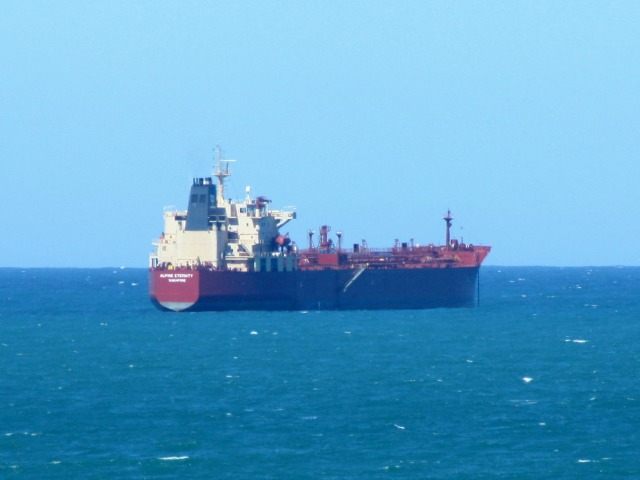Top congressional staffers say Congress will delay approval of the unpopular Trans-Pacific Partnership free-trade deal until after Americans vote in the 2016 election, according to Politico.
The planned delay until a November or December “lame duck” session would allow companies and progressive groups their best opportunity to persuade retiring politicians, and the legislators who had just survived an election, to back the controversial deal.
That year-long delay will also help the GOP establishment reduce the emotional clout of front-running populist 2016 candidates — including Donald Trump and Mike Huckabee, plus far-left Sen. Bernie Sanders. All three are campaigning against the free-trade treaty during the primary season.
According to Politico:
“Mike Sommers, chief of staff for Speaker John Boehner (R-Ohio), said at a Ripon Society meeting that Congress was unlikely to move on the massive trade package until a lame-duck session more than a year from now. Hazen Marshall, policy director for Senate Majority Leader Mitch McConnell (R-Ky.), who was also at the session, agreed that a TPP vote was more likely to happen in a lame-duck session, and added that the White House was trying to work with congressional leaders on timing…
‘I don’t think this is going to come up until the lame duck, when you have a lame-duck president and a lame-duck speaker [Boehner] and all these other lame-duck members who can vote to support it,’ said a senior House Democratic aide.”
The treaty is strongly backed by the GOP’s establishment wing, including Rep. Paul Ryan, a possible candidate to replace outgoing House Speaker John Boehner.
The delay, however, likely won’t keep the free-trade deals out of the 2016 election. The treaties will likely play a large role if Trump is the GOP nominee, because he’ll use his anti-free-trade stance to help win the decisive Mid-West states.
The treaty, and two additional treaties, are intended to help companies move manufacturing and other work overseas to low-wage countries, while also ensuring the companies can import their overseas-made products, plus skilled foreign-workers, back into the United States. The process is expected to cut costs, goose profits, and boost executives’ stock-values on Wall Street.
Read more at Politico.

COMMENTS
Please let us know if you're having issues with commenting.